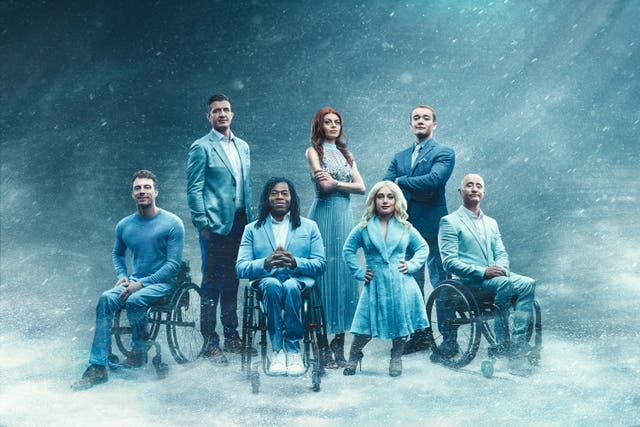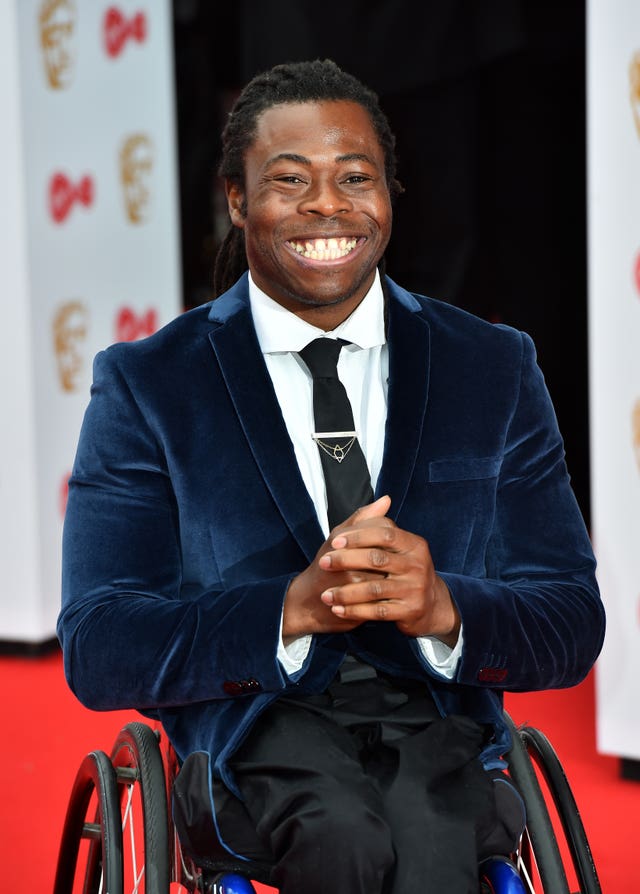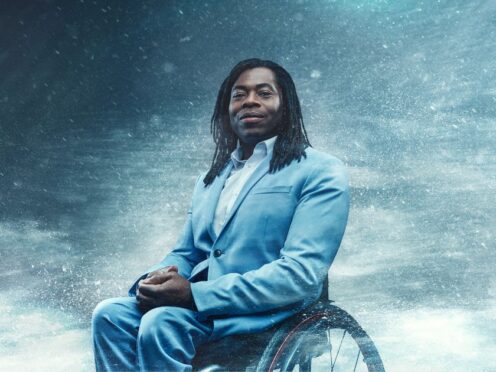Ade Adepitan has said he felt like he and other disabled people were previously “fighting for their place in society” due to a lack of representation of the community on TV and in other forms of media.
The former Paralympian basketball player revealed how this exclusion meant his parents did not initially support his sporting career and that the first time they discovered he was competing at the 2000 Sydney Paralympics was when they saw him on TV during the opening ceremony.
The 48-year-old is now part of a fully disabled presenting line-up for Channel 4’s coverage of the Beijing 2022 Paralympic Winter Games, which the broadcaster says is a “global first” for a “world class sporting event”.

Adepitan told the PA news agency: “TV, social media, all forms of media are really important parts of the fabric of society.
“They should be a reflection of who we are as a society and if you don’t see yourself in that, then you don’t feel like you are a part of society.
“From my personal experience, before 2012, I felt like myself and other disabled people were really fighting for our place in society, we were really fighting to say that we deserve to be a part of British society.
“Because you don’t put us out on the billboards, you don’t celebrate anything that we do, you don’t have us on your Saturday night TV, you don’t include us in society.”
He explained that before the 2012 London Paralympics he does not think the public knew about Paralympic sports and athletes or respected them.
The sports pundit, who was born in Lagos, Nigeria and grew up in east London, said he never saw anyone that looked like him on TV while growing up.

“TV when I was growing up was very niche, I mainly saw white middle-class people, mainly men, on TV. I intersect as a black and disabled guy and I never saw any representation.
“I definitely felt excluded from mainstream society, I always felt like I was an outsider because I didn’t see myself and that has a psychological impact when you become this novelty everywhere you go.”
Adepitan also revealed that not having shows like the Paralympics on TV had an impact on his family life as his parents disapproved of his plan to pursue wheelchair basketball professionally as they thought he was “wasting his life”.
He admitted that this caused him to leave home at 17 and not speak to his family for 10 years.
At the age of 27, he made his Paralympic debut during the 2000 Sydney games, revealing that his mother called him whilst he was at the opening ceremony to ask why she could see him on her TV screen.
Adepitan added that he was “really proud” to now be part of the all-disabled Channel 4 presenting team, where he is fronting a daily highlights show.
He added: “I guess the real impact and implications of what we’ve done we won’t really know for years to come.
“But hopefully, it’s going to just change the mindset of a generation of people about Paralympic sport but also about perceptions of disability.”
The presenter said he feels Channel 4 is “setting the bar for other broadcasters in the world” and that a lot more progress is needed.
“I think commissioners, editors and TV makers need to try and make TV that represents the society,” he added.
“You need more disabled people on mainstream programmes, not just on Paralympic programme, big Saturday night shows, hosting our own shows.”
He added that there was a great deal more disabled people who could take the places of the Channel 4 Paralympics panel in a “heartbeat” meaning their talent should be across programmes.
Ade Adepitan is presenting the Beijing Winter Paralympics on Channel 4 from March 4-13.
